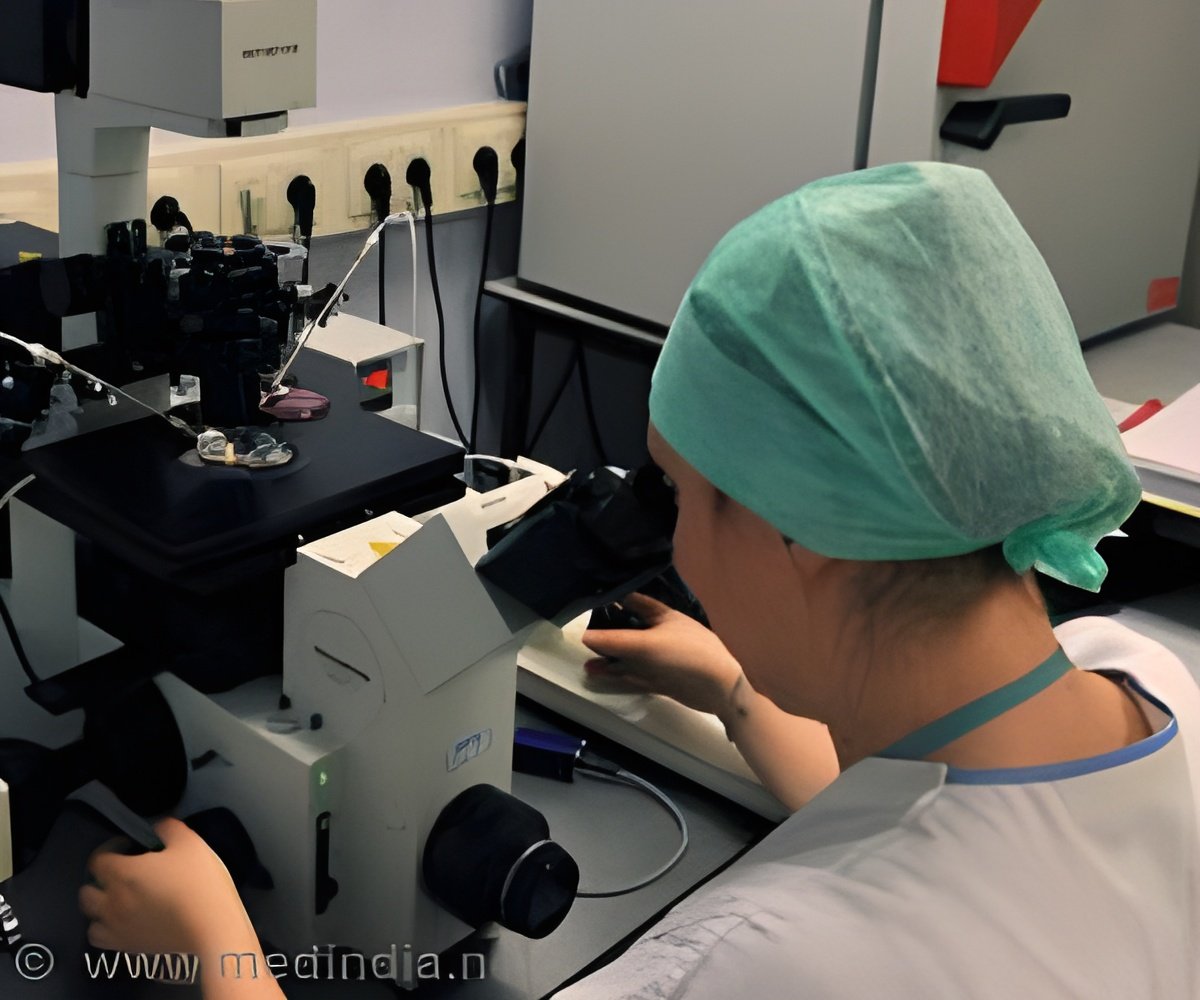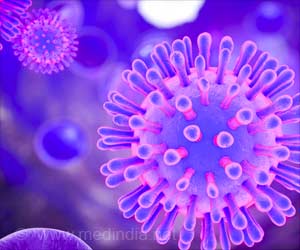The inks containing regenerated silk fibroin solution can be printed on laboratory gloves that change color when exposed to bacteria.

Scientists at Tufts University and University of Illinois at Urbana-Champaign have now probed on a way of using inkjet printers to put down layers of functional silk ink.
The ink can contain antibiotics, nanoparticles, proteins, and other small objects, while letting them perform their normal duties. The team tested this capability in a variety of seemingly practical applications like, bacterial-sensing polydiacetylenes (PDAs) printed on surgical gloves; proteins that stimulate bone growth (BMP-2) printed on a plastic dish to test topographical control of directed tissue growth.
Source-Medindia











